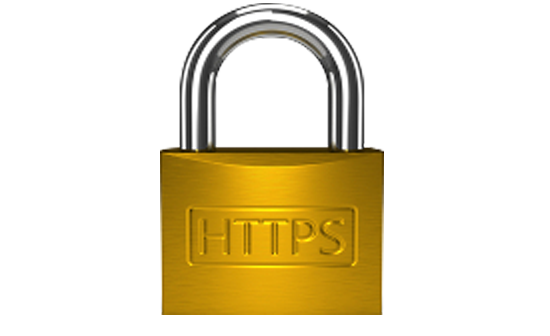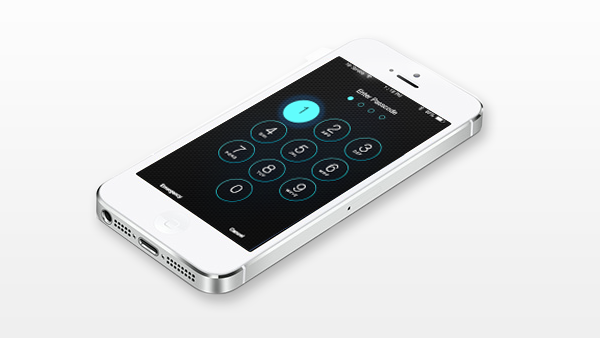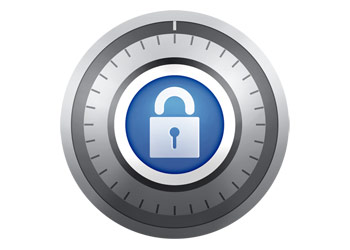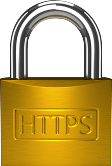It is becoming easier and easier to access secret and confidential information online. With mainstream films such as The Fifth Estate – out on DVD and Blu-ray on 17 February – talking more about issues such as online hacking, internet security is a growing concern for many. The Fifth Estate, starring Benedict Cumberbatch is an expose that portrays the life of Julian Assange, the creator and founder of the notorious Wikileaks. To tie in with the DVD and Blu-ray release of Entertainment One’s: The Fifth Estate, Tony Neate, CEO of Get Safe Online tells us some top tips on the importance of passwords and how to protect our information on the internet.
Put a Pin on it
The first step to protecting your online accounts is a PIN or Password. Make sure it’s hard to guess by choosing a password with a combination of upper and lower case letters, numbers and keyboard symbols, and avoid using something as obvious as your pet’s name or your birthday! You should also use different passwords for different accounts so that even if the login details for one are stolen, fraudsters won’t be able to hack into all of them.
Keep it private
The information we share about ourselves online, and especially on social media, is giving criminals an easy gateway into our online accounts and our lives. The fact is that we’re sharing details about our lives with people we might not trust in real life, and we’re making it far too easy for them to steal from us or to commit a crime in our name. Tighten up your privacy settings to make sure that it is not possible for the public at large to view personal information about yourself online or on social networking sites. Over-sharing may provide an avenue for criminals to build up a picture of your identity.
Look for the padlock
Before you enter any personal details online – particularly bank details – be 100% sure you are on the official website and it can be trusted. Some websites have addresses designed to confuse with the official site, and often feature a similar look and feel and brand design. One thing to look out for is a padlock symbol in the web browser window when you have logged in or registered, and that the web address begins with ‘https://’. The ‘s’ stands for ‘secure’. Also never divulge private information data in response to an email, text, letter or phone call unless you are certain that the request is from a bona fide source.
Remain vigilant offline
With more of us now accessing things like online banking on our smartphones when we’re out and about the simple practice of covering our screens shouldn’t be underestimated. ‘Shoulder surfing’ is where people look over your shoulder to get hold of login details. Also avoid saving passwords on your mobile phone, or writing login details on a piece of paper in case they get into the wrong hands. If possible, switch off paper statements that can easily be intercepted and read, and sign up for online banking with mobile alerts. Any documents containing personal information should be shredded before they get thrown in the bin.
Look out for the warning signs
It is quite difficult to initially spot when fraud has occurred because the criminal is usually one step ahead of the victim. But look out for letters demanding payment for an account you didn’t set up, credit card statements showing a series of unfamiliar transactions or a lender turning you down on the grounds that you haven’t been paying your bills. Keep a close eye on your statements and report anything suspicious immediately.
Talk about your experiences
You should also consider telling your friends and families how you got caught out to stop them falling into the same trap. Some people find online fraud an embarrassing thing to talk about, but over half of people in the UK have been attacked by online criminals in some form so it’s more common than you might think. By being more open about these issues we can help to prevent it in the future.
Report it
If you are a victim of online fraud, report it to www.actionfraud.police.uk, this was we can all help to make the internet a safer place.







